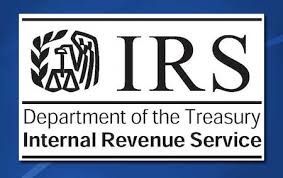
The Bradford Tax Institute is one of the many sources we network with to stay on top of all the latest changes and updates to tax code and laws.
KEEP GOOD RECORDS!
When you give to charity, you win twice, first by supporting good organizations, and second by claiming valuable tax deductions. We leave the choice of charitable entity to you, and instead focus on record-keeping practices that maximize your charitable contribution deductions. To deduct cash, check or other charitable gifts, keep bank records or written communication from the charity showing
- the name of the charitable organization,
- the date of the contribution, and
- the amount of the contribution.
For a detailed guide on record-keeping based on amount and type of charitable contribution, see the table at the end of this article.
Personal v. Business Deductions
Personal charitable deductions alleviate your tax burden and add to your bottom-line. However, business deductions are more valuable than personal charitable deductions.
Thus, whenever you have a choice between a business and a personal deduction, go for the business deduction.
For example, with a business deduction on Schedule C of your Form 1040, you save both self-employment taxes, and phaseout taxes caused by a multitude of AGI limits.
If you operate as a corporation, you gain with charity payments as business expenses because you are using pre-tax money for the charity rather than after tax deductions.
Here’s one corporate owner example. Say you are going to give $10,000 to a charity. If you earn the money on a W-2 in your capacity as an owner-employee, you pay payroll taxes on the earnings before you can give the $10,000 to the charity. On the other hand, if your corporation can claim the $10,000 payment to this charity as a business expense, you avoid the payroll taxes and either you (if you are an S corporation) or the corporation (C corporation) gets the deduction.
Souce: Bradford Tax Institute
Pat Michael and his team at US-TaxLaws is your best source for professional tax preparation services with more than 30 years experience and thousands of satisfied clients.
Call us today 619-589-8680.
Personal Tax Preparation Business Tax Preparation Partnership Tax Preparation Corporate Tax Preparation Incorporation-Choice of Entity Business Support Services Corporate Compliance Audit Representation Retirement Tax Planning Wills & Trusts Estate Planning Bookkeeping Payroll
 Cancer Charity Scam Targeting Our Soft Spots
Cancer Charity Scam Targeting Our Soft Spots
 Mileage Deduction Rates
Mileage Deduction Rates
 Organizations That Qualify To Receive Deductible Contributions
Organizations That Qualify To Receive Deductible Contributions
